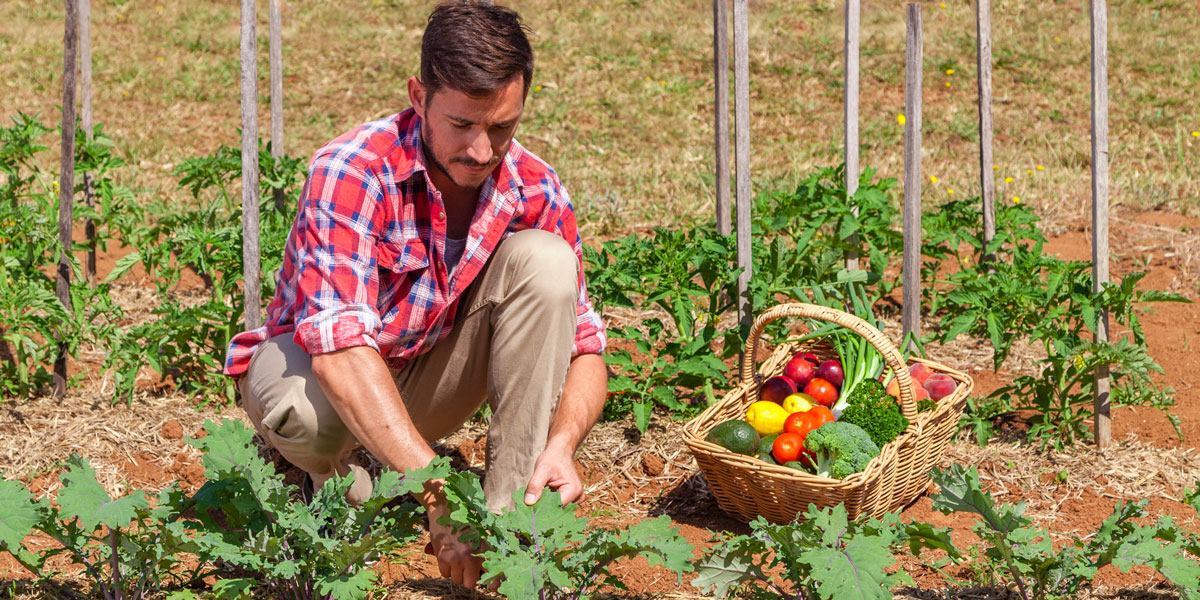
$3 billion certified organic industry under threat
Australia’s booming organic sector could be devastated if moves to deregulate the CRISPR gene-editing technology pass through the Federal Senate on the 13th of this month, according to the National Association for Sustainable Agriculture (NASAA).
NASAA said in a statement, "The deregulation of CRISPR gene technology and consequent undisclosed release of these life forms means that Australia’s agriculture and food sector will in a short space of time be unable to reassure people that the food being produced in Australia is GM free and meets the Australian National Organic and Biodynamic Standard, or meets the import requirements of our major trading partners."
For medical science, gene editing may help to unlock potential. However, with food, the case is very different.
"Because our markets demand GMO free food, their uncontrolled and unmonitored release into the environment, agriculture and domestic food supply are a disaster for Australia’s organic industry," Glenn Schaube, Chair of NASAA said.
"It has taken 50 plus years of hard work by two generations of thousands of Australians to create a viable organic industry in this country.
"We are shocked that our political leaders could make Australia’s estimated $3 billion certified organic industry the sacrificial lamb to the deregulation of GMO technologies, and consequently, turn their backs on the $200 billion rapidly growing world market for organic produce," Mr Schaube said.
"The Department of Agriculture could also lose its status as an internationally respected and trusted Accreditor of Australian organic exports."
Australia now has the largest area of land certified to organics compared to any other country. The sector is growing at around 15% per year in Australia. There are also over 21,000 individual operators certified to the NASAA Organic and Biodynamic Standard worldwide.
Mr Schaube said, "Australia could become the world’s leader in premium organic foods. However, the potential for GM contamination will increase dramatically through the proposed level of deregulation, consequently closing markets that have zero tolerance for GM contamination to Australian producers.
"This includes world markets for GM free conventionally produced foods like baby foods and milk formula, that are exported to China."
Just one example involves rye grass, a common pasture feed, but in horticulture it is a noxious weed that spreads rapidly. Should a GMO rye grass be released, it could contaminate the entire country in a few short years.
Despite these consequences and achievements, no thorough, independent or peer-reviewed studies investigating the consequences of releasing these new life forms undisclosed have been undertaken or made available to the public.
The consequences of DDT, thalidomide, cane toads, asbestos, tobacco and now glyphosate, are warnings of scientific risk that legislators should consider when assessing the potential impact of this technology upon consumers, producers, manufacturers and exporters. All were released because they were believed to be safe, based on the argument of a lack of evidence of risk.
Mr Schaube said, "Federal Senators have a moral and economic obligation to separate the changes concerning the medical regulation of GMOs from the environmental and agricultural regulations.
"An independent assessment of the real economic, human and environmental impact of these technologies to appropriately inform GMO regulations around agriculture and food production is essential."
NASAA said, "No other country is deregulating CRISPR GMO technology to the extent that Australia is."
Mr Schaube continued, "We are simply asking for CRISPR technology to be built into a responsible regulatory model and process.
"It is an issue of national importance and we call on all Senators to make the wise economic and principled decision to protect Australia’s organic industry and wider food export sector, before it is too late."
Source: National Association for Sustainable Agriculture, Australia
https://www.medianet.com.au/releases/181209/










